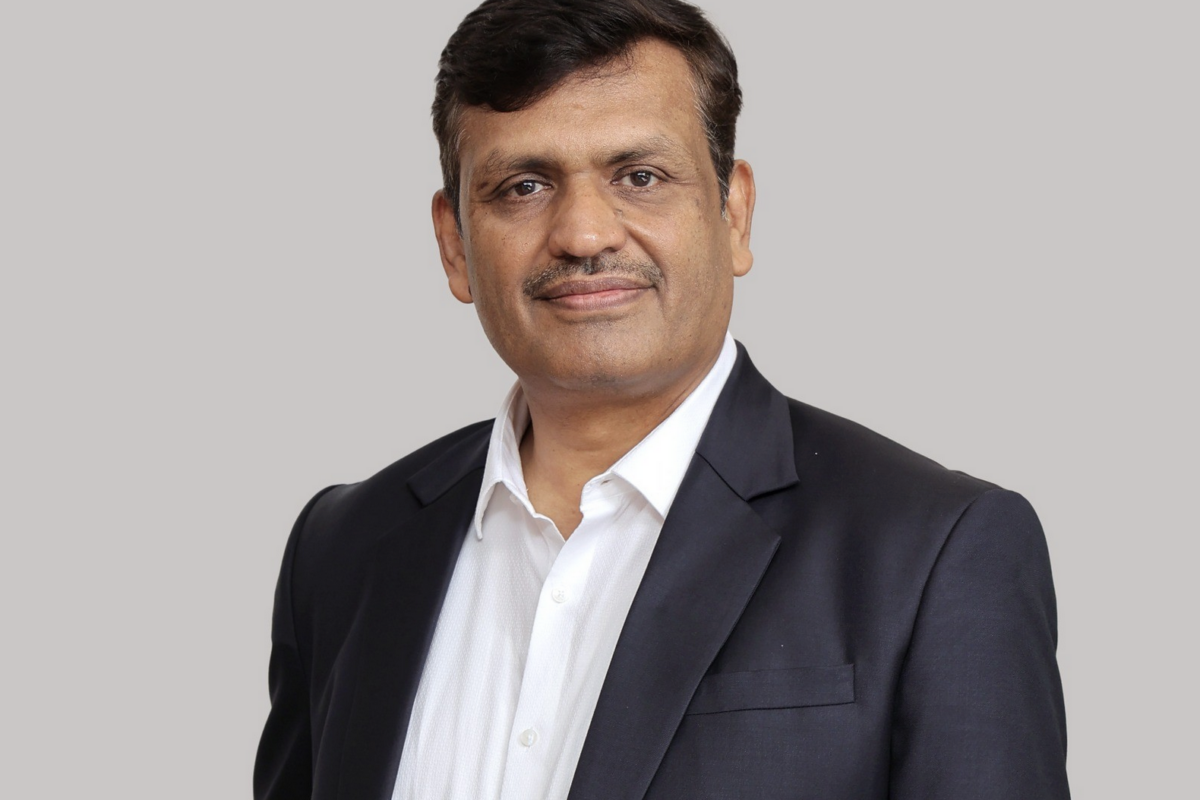Portugal’s state secretary for energy, João Galamba, has used Twitter to announce new rules for renewable energy self-consumption, energy storage and energy communities which were published by the government today.
The Portuguese government said the Decreto-Lei 162/2019 legislation will improve self-consumption guidelines issued in 2014 by providing a clearer and more favorable framework for the deployment of small and middle sized renewables projects.
The new rules, which will come into force on January 1, are expected to immediately spur development of self-consumption projects with the first installations driven by the change possibly finalized next year, the government said.
Collective self-consumption
The new provisions establish that excess power can be sold to the spot market or through bilateral power purchase agreements. The changes also simplify the authorization approval process for residential PV and raise the size limit for that category of installation, from 1.5 kW of generation capacity to 30 kW.
The provisions also provide a legislative framework for energy communities for the first time. Under the current regime, PV system owners were only allowed to power a single consumption unit. The new rules instead enable homeowners and businesses willing to become prosumers to aggregate their efforts in collective projects and share generation units.
The legislation, the government said, is aimed at helping the country reach its renewable energy target. As of the end of 2018, only 670 MW of solar capacity had been deployed in sunny Portugal, according to the International Renewable Energy Agency.
Solar is expected to play a leading role in the Portuguese government’s new energy plan, which includes goals of providing 80% of the country’s power demand from renewables by 2030, and electrifying 65% of the economy by 2050.
This content is protected by copyright and may not be reused. If you want to cooperate with us and would like to reuse some of our content, please contact: editors@pv-magazine.com.




By submitting this form you agree to pv magazine using your data for the purposes of publishing your comment.
Your personal data will only be disclosed or otherwise transmitted to third parties for the purposes of spam filtering or if this is necessary for technical maintenance of the website. Any other transfer to third parties will not take place unless this is justified on the basis of applicable data protection regulations or if pv magazine is legally obliged to do so.
You may revoke this consent at any time with effect for the future, in which case your personal data will be deleted immediately. Otherwise, your data will be deleted if pv magazine has processed your request or the purpose of data storage is fulfilled.
Further information on data privacy can be found in our Data Protection Policy.